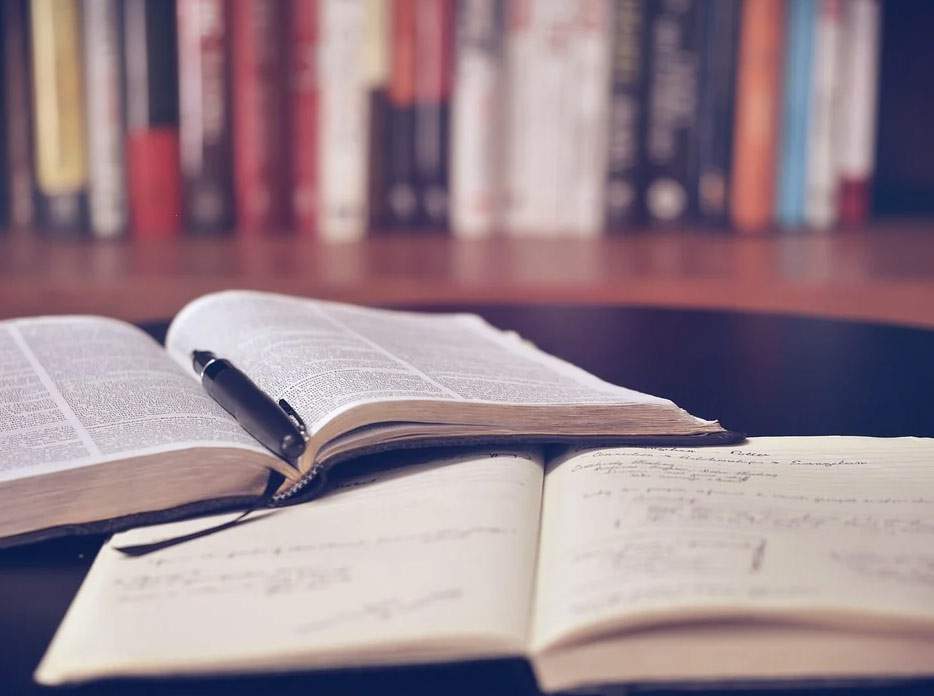Enrollment is already open in Florence for the Liceo Classico per i Beni Culturali (Classical High School for Cultural Heritage): it is a new address offered by an equal school, the Liceo Cavour Pacinotti, in collaboration with theInstitute for Art and Restoration of Palazzo Spinelli. It is not the first of its kind (other Italian institutes have experimented with this formula: the Costa in La Spezia, the Angeli in Verona, and the Cavalieri in Verbania) but it represents a novelty for Tuscany. Classes will begin in the 2020-201 school year and aim to train students with “multidisciplinary skills and abilities necessary for the knowledge, identification, protection, communication, and enhancement of the World Cultural and Natural Heritage,” as the presentation states.
The course has been structured according to subjects proper to the classical pathway (Italian, Greek and Latin), which, together with natural sciences, mathematics and physics and the intensive study of a foreign language (English), integrate disciplines ranging from the regulatory and governmental area to cultural, human and social sciences, from art history to the conservation and restoration of tangible, intangible and landscape heritage, from the dynamics of economic-financial management and communication to the use of new integrated technologies, and the valorization of cultural contexts and the territory. Students will also participate in the cultural activities of the territory, through targeted visits to museums and public or private collections, through specific technical-operational activities at restoration workshops, construction sites and artisan workshops, but also by actively participating in conventions, conferences, in-depth seminars and direct testimonies in the various topics addressed by the course.
The new Florentine Liceo Classico aims to ensure that students will have a solid foundation for entering humanities faculties and degree programs in cultural heritage, anthropology, sociology, philosophy, education sciences, tourism, architecture, education sciences and the like. They will also have a strong foundation to access higher professional training courses to become a restorer or cultural worker, tour guide, event organizer. The degree, the school points out, “can allow them to work within museums, galleries, cultural associations, foundations, auction houses, communication companies, cultural planning entities, companies for the organization of artistic events, and entities for the development of tourism and the territory, with the aim of creating new services of cultural fruition for today’s society and allow our country to place itself in a prominent position at the international level.”
The two-year course consists of 891 annual hours (28 average weekly hours) and the three-year course of 990 annual hours (31 average weekly hours). In the two-year course there will be 4 hours of Italian, 4 of Latin, 4 of Greek, 3 of English, 3 of history and geography, 3 of mathematics and computer science, 1 of science (biology, chemistry, earth science), 2 of art history, 2 of physical education, and 1 of religion or alternative activities. At the three-year mark, the path changes: 4 hours of Italian, 3 of Latin, 3 of Greek, 3 of English, 1 of cultural heritage law (which, however, is no longer studied the last year), 3 of history, 3 hours of philosophy (which becomes 2 the fourth year, then again 3 the last), 2 of mathematics, 2 of physics, 3 of science (which becomes 2 in the fourth and fifth years), 2 of art history in the third year which becomes 3 the fourth and fifth, 2 of physical education and 1 of religion or alternative activities.
For information you can visit the school website.
 |
| Liceo Classico for Cultural Heritage is born in Florence: here's what's being studied |
Warning: the translation into English of the original Italian article was created using automatic tools. We undertake to review all articles, but we do not guarantee the total absence of inaccuracies in the translation due to the program. You can find the original by clicking on the ITA button. If you find any mistake,please contact us.